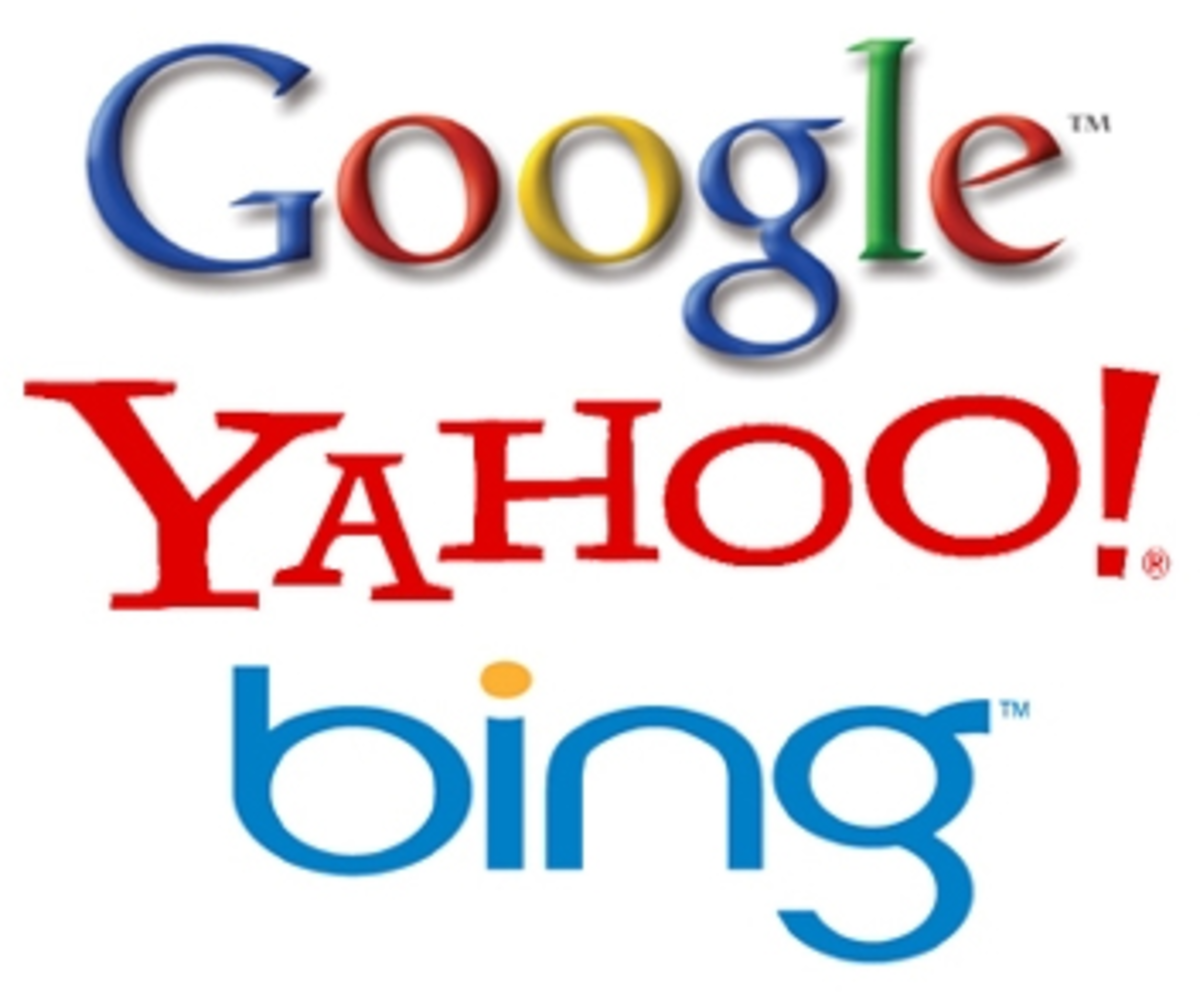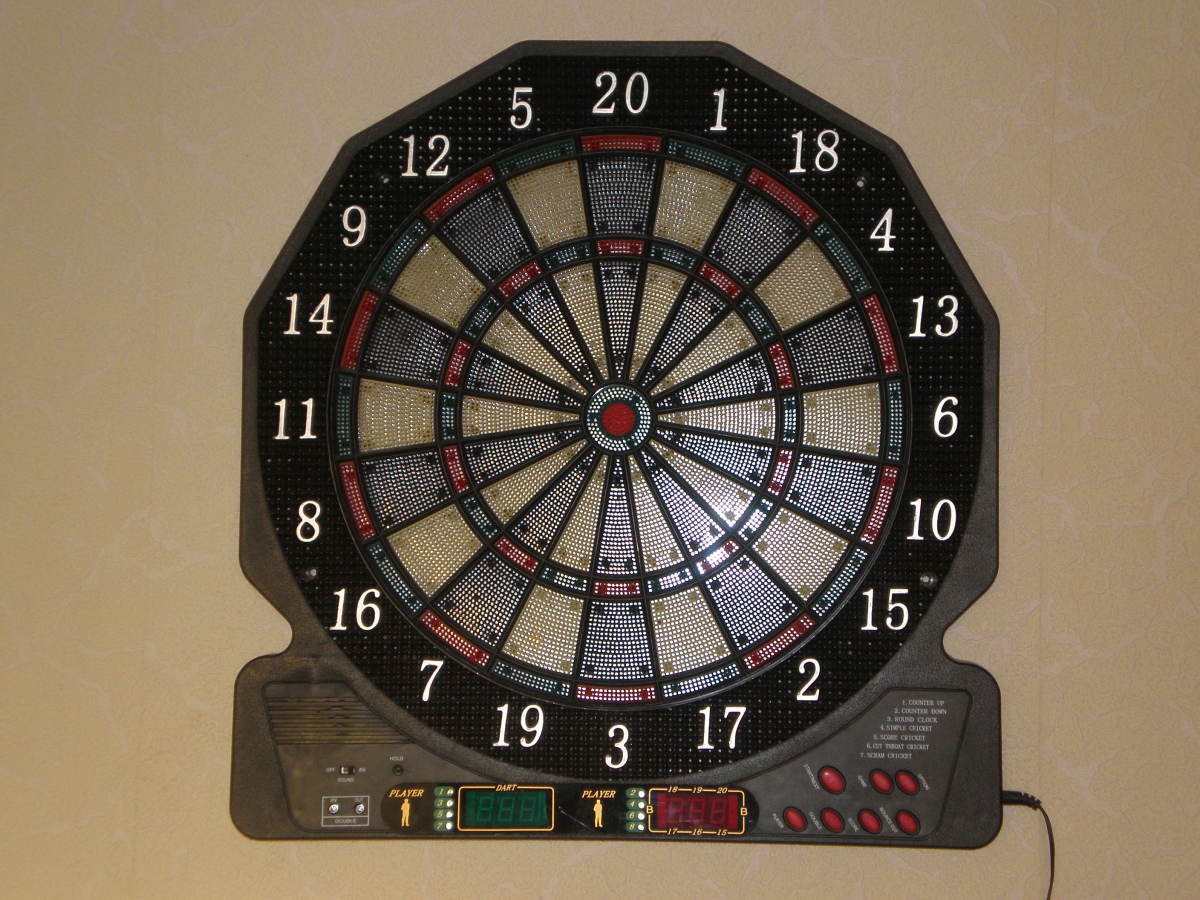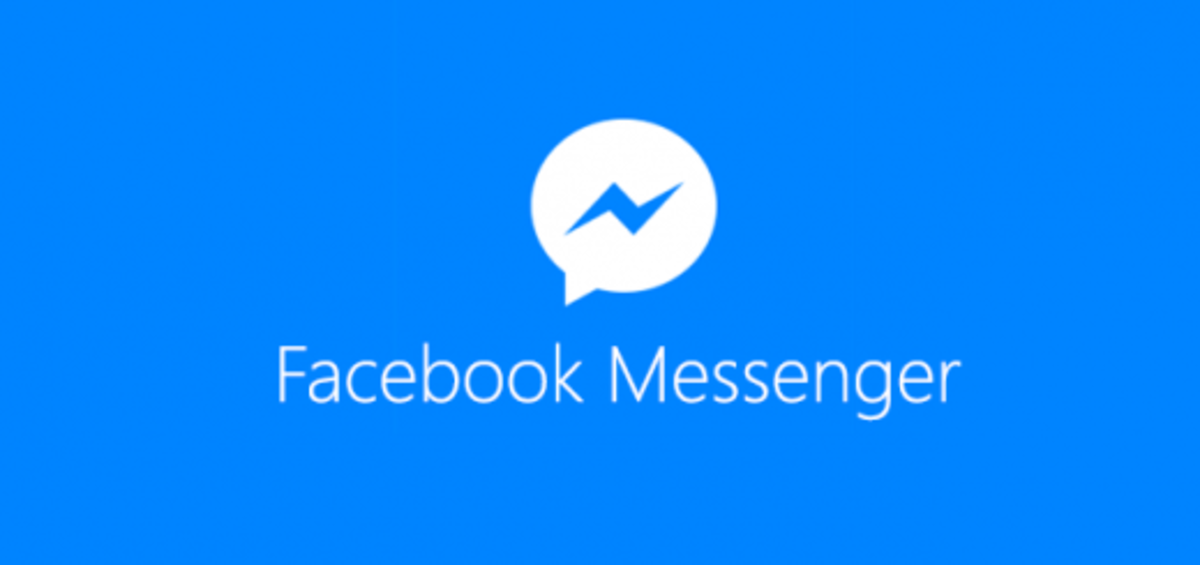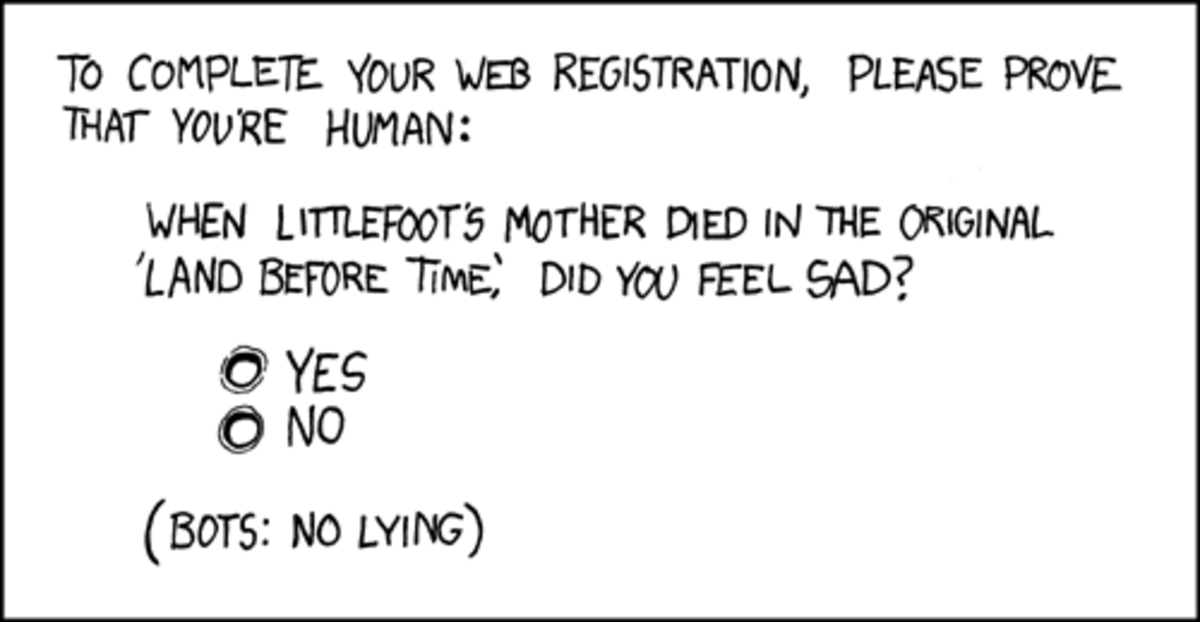Basic SEO for Small Websites and Newbies

An Introduction to Basic SEO for Small Websites
Internet marketing can be daunting for anyone, especially newbies who have just started out. SEO is the method in which marketers promote their sites in search engine results. By ensuring your website is "Google friendly" and fine tuned, you can expect an increase in visitors numbers and therefore profit.
I should point out that SEO is only one aspect of internet marketing and there are other ways to promote a web site and generate visitors, such as :
- Email newsletters
- Paid adverts on third party web sites
- Facebook and Twitter
- Old fashioned traditional advertising (not on the web)
However, almost all successful companies pay attention to SEO and so should you, here is why:
- Free traffic from search engines
- Exposure to your brand
- More visitors to your website means less to competitors
--------------------------------------------------------------------------------------------
Do you want to earn money by writing articles here on Hubpages?
Interested? Sign up for FREE here.
---------------------------------------------------------------------------------------------
When it comes to learning basic SEO for small websites -there are two aspects you need to familiarize yourself with. "on page" covers all the content on a web page such as text, images and videos. "Off page" involves promoting your web site on other sites and getting links from those sites to yours.
The following statement simplifies the common approach of SEO professionals:
Create high quality pages with correct use of keywords, interlink pages within the site so visitors can easily navigate from one page to another. Make the site popular on the web by promoting it and getting other site owners to place links on their site to yours.
With that in mind I want to cover a few key areas of the "on page" SEO:
Page Title
The page title is one of the most important areas where you can put your keywords, search engines like Google look closely at the title. Because it shows up in the search results, it is also a place where you must write something that will entice or encourage a user to click the link to your page.
Some tips:
- Maximum 70 characters, anything more will most likely be ignored
- Pick your three top keywords for that page, include them at least once in the title
- Write a sentence, include an important phrase if you wish.
- Avoid keyword lists
Meta Description
Google doesn't use the meta description for ranking a web page but they do use it to create a snippet of text in the search results. This is your opportunity to write something creative and to really entice the visitor to your site. Avoid keyword lists and stuffing as the meta description will not affect the position of the page in the results.
Heading Tags <-----That's a heading tag by the way!
Heading tags are used to separate the content of a page into sections, making it easier to read. Many web users do not read the whole page but "skim read", they typically look at the heading tags to get a general feel for the content of the page. Search engines also add some weight to the tags so choose them carefully, you need to think about the keywords and what will encourage the reader to stay on the page. Avoid excessive use and keyword stuffing.
The content directly below a heading tag should directly relate to the topic specified in the tag. For example, this section is about heading tags and that is reflected in the content and the heading tag. If possible use a single <h1> tag near the top of the page and several <h2> and <h3> tags further down the page.
Descriptive urls
www.example.com/page12345 <------- Not very descriptive
www.example.com/some-keywords-go-here-4-or-5 <----------- better
use hyphens - rather than under_scores.
Please do not re-write old filenames if you are a newbie as you will get a "404 page not found error" on your site, to avoid this you need to set up a 301 redirect from the old url to the new one. If you are a newbie just make sure your new pages have keyword friendly url names
Photos
It is also a good idea to add photos to a web page, just make sure you use the ALT tag so Google understands the context of the image. If you are putting a photo on the web for the first time then consider re writing the filename:
dc12334.jpg <---- Not helpful
photo-of-whatever.jpg <------- better
Here is how a typical alt tag (stands for alternate text) would look like:
<img src="photo-of-whatever.jpg" alt="insert a short description here" height="100px" width="100px" />
Bold and Italic
Google does a little weight to words that are in bold or italic but this won't affect the results for competitive search terms so it's not something I would dwell on too much.
Links within your site
As you add pages to your site you will need to connect them together with links so visitors can easily travel onto relevant pages. When looking at your own site, you should always try to imagine yourself as a visitor and ask the question "where do click now" or "what would entice me to read another page".
The actual links that you create are very important to search engines, if you use generic links such as "page1" or "click here" or "read more" then search engines have no idea what the context of next page is, but if you consistently use descriptive text then you will be a step closer to conquering basic SEO.
Here is an example of a bad internal link, on a page advertising widgets:
Are you looking for more information about our red widgets? Click here to see our product reviews.
A better example would be:
Here you can read our product reviews of red widgets.
or
Here you can read our product reviews about red widgets.
Either is acceptable, depending on whether you intend to rank in Google for "reviews of red widgets" or "red widgets" or both.
Link Location Is Important
I hope you enjoyed my introduction to basic SEO and you will put it to good use. It can take time to learn the ropes but after while it will become second nature to you.
Why not try reading one of my other hubs?
- A Guide to Hampshire and Surrey
A simple guide to places of interest in the southern counties Surrey and Hampshire. Picnic spots, cycle routes, days out and more... - Delete Clear Username Or Email From Web Form or Sign in Box (Firefox or Internet Explorer)
There are several reasons why a drop down box will appear on a sign-in page or a web form. It could be a cookie on the browser that is storing a setting or it could be the data stored in the form memory of... - Online Reputation Management For Individuals and Small Businesses
Online reputation management is the process of improving the perception of a business or individual through mediums such as search engines. Many people have suffered as a result of negative comments on... - How to remove an image from Google Search
I recently created a Hub on how to add an image to Google so I thought it would only be fair to create one offering advice on how to remove an image from the search engine too. - How to get my images in Google (Add Photo to Google Image Search)
Hi everyone! My name is Daniel and I often answer One of the questions I see being asked repeatedly is: " How can I put my image or photo on Google? " Most people...






